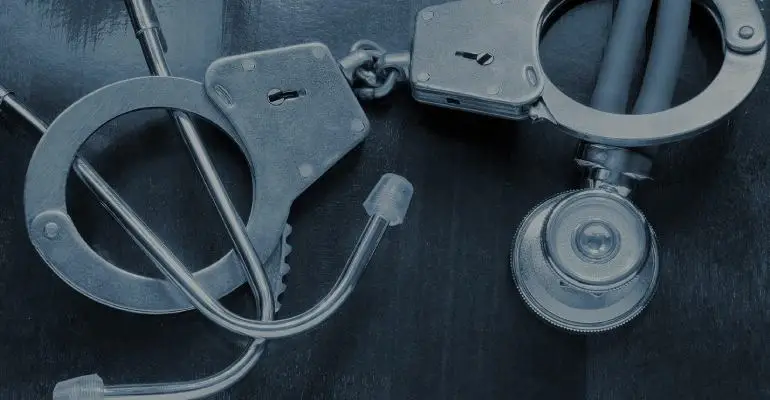Will a Recent Ruling in NJ Effect Whistleblowers Elsewhere?

New Jersey Whistleblower Case Not Protected by State Law
Whistleblowers — individuals who report mismanagement, unethical practices, and/or violations of law — are generally protected from retaliation and negative employment actions. However, this is not the situation with a recent case in New Jersey.
Will this case effect similar dilemmas in other states and set a precedent?
Not likely, here’s why:
Jay Alpert was a Bergen County sheriff who was assigned to the Port Authority’s office of emergency management. When he realized a police captain made copies of police promotional exams and shared them with candidates, he reported it to his superiors. He was later fired. According to court papers, Alpert was fired after an investigation into the college degrees listed on his resume, not because of his whistleblowing.
Judge Lisa Rose in Hudson County dismissed the lawsuit between Alpert and the Port Authority, stating the Port Authority of New York and New Jersey is not governed by state whistleblowers laws.
Why This Whistleblowing Ruling Won’t Affect All States
The New York and New Jersey Port Authority is a bi state agency, created by a compact between the two states. It wasn’t liable to whistleblower laws in either state, unless they were similar. They are not, so the judge found no state application of New Jersey law in this case.
In New Jersey, the Conscientious Employee Protection Act (CEPA) establishes that an employee with a claim under this act asserts the employer’s action was illegal or violated public policy, and was not caused by an error in judgment. The New Jersey act requires written notice and time to right the wrong. In New York, protections are afforded but the stipulations are not as detailed as the CEPA. Thus instead of the bistate agency being regulated by one state’s laws, it is regulated by neither when it comes to whistleblowing.
Whistleblowing in Florida
The whistleblowing laws in Florida apply to public and private employees. An employer may not take retaliatory employment action on an employee because that individual disclosed an activity, policy, or practice, which violates the law. It also protects those who have testified during an investigation for possible violations, participated in a legal action against their employer, or refused to participate in an activity or practice that was in violation of a law, rule, or regulation. In addition, this counts the callers to a whistleblower hotline.
The same is true for the employment of public employees. They cannot be adversely affected for making disclosures or allegations involving a violation of state or federal law that creates a substantial and specific danger to the public’s health, safety, or welfare.
Have your employment rights been violated due to retaliatory behavior of your employer after reporting an illegal or otherwise damaging action or policy? If so, document your situation, compile all messages between you and your employer, and contact a skilled employment rights attorney. Wenzel Fenton and Cabassa, P.A., have helped hundreds of employees protect their rights and receive the justice they deserve. Call us today — the initial case evaluation is free and all conversations are confidential.
Please Note: At the time this article was written, the information contained within it was current based on the prevailing law at the time. Laws and precedents are subject to change, so this information may not be up to date. Always speak with a law firm regarding any legal situation to get the most current information available.
Related Posts
Recent Posts
- False Claims Act Retaliation & Your Rights
- Fired for Being Pregnant? 5 Situations When You Should Call an Employment Lawyer
- Can My Boss Take My Tips? The Laws of Tip Ownership
- What Does “Meets FCRA Requirements” Mean?
- Can Your Employer Contact You While on Medical Leave? Know Your FMLA Rights in Florida
Contact Us

FREE HELP GUIDES
Dealing with unpaid wages, discrimination or wrongful termination? Get the information you need to protect your workplace rights. We offer employment law resources to help you fight for workplace justice.


